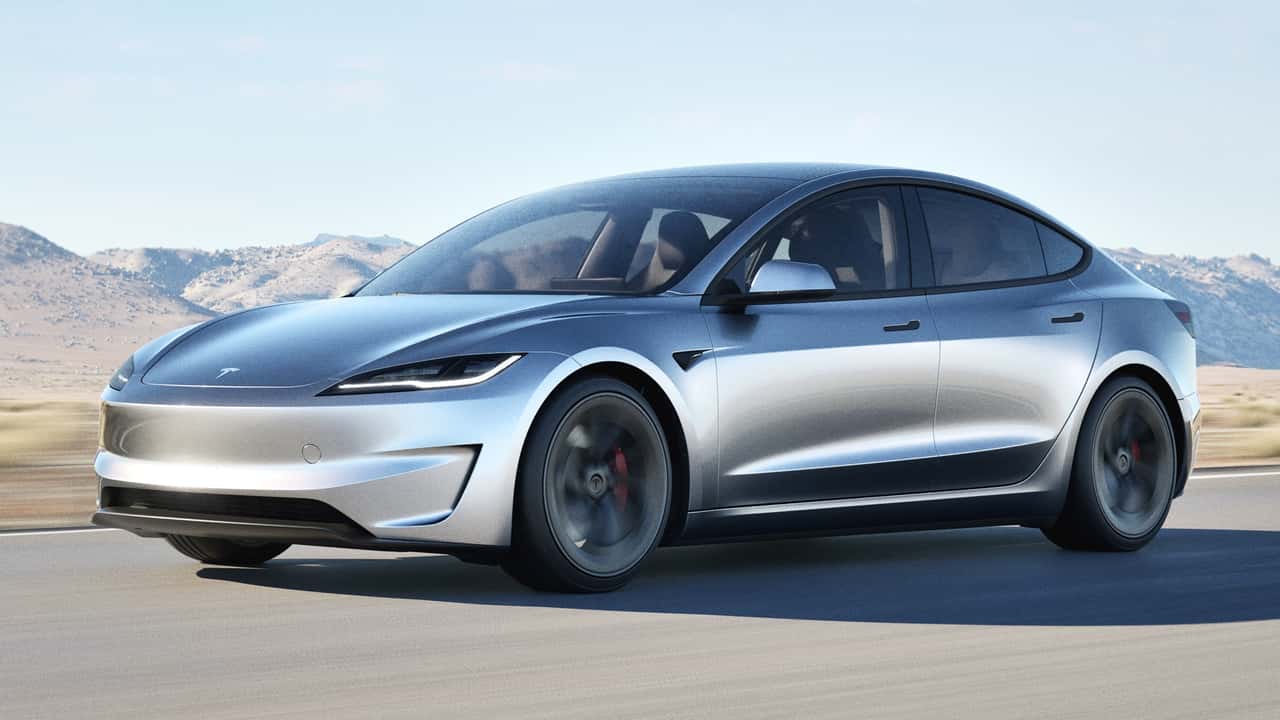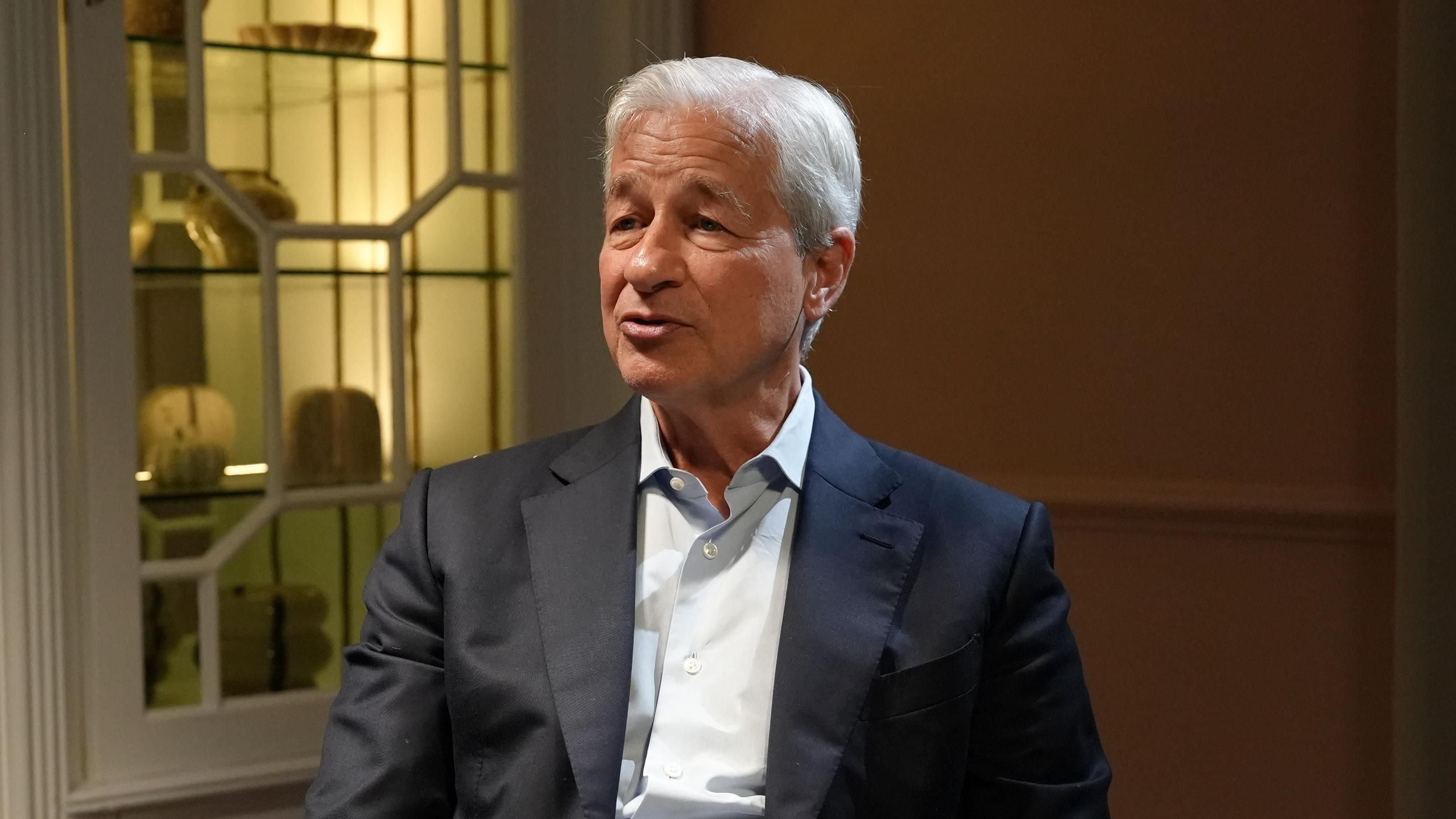The excitement surrounding one of the nation’s most popular lottery games is building once again as the Powerball jackpot has surged beyond the $600 million mark. With the next drawing scheduled for Monday night, millions of players across the United States are rushing to secure their tickets, hoping to turn a small investment into a life-changing fortune. The rapid increase in the prize pool has placed this jackpot among the top in the game’s history, fueling anticipation and conversation nationwide.
The Powerball lottery has historically represented both luck and aspiration. Participants spend only a small amount of money for the chance to win exceptional amounts of wealth, with the jackpots frequently soaring into the hundreds of millions. The latest surge over $600 million highlights how rapidly the reward can increase when there is no winner for the top prize in the drawings. Each time it rolls over, tens of millions are added to the jackpot, drawing public interest and fueling fantasies about how life might be transformed with such a massive financial gain.
Although the odds of hitting such a jackpot are low, the enticing chance maintains a strong interest. Numerous participants view the Powerball not just as a wager but also as a source of enjoyment that sparks their creativity. The notion of purchasing a ticket and pondering possible outcomes is integral to the experience. For some individuals, the exhilaration stems from considering debt repayment, acquiring a new house, aiding relatives, or giving to meaningful charities. For others, it’s merely about savoring the excitement of being involved in something bigger than their own lives.
This increase in the jackpot is due to a sequence of drawings without any grand prize winners. When the top prize isn’t won, the amount rolls over, enticing more people to purchase tickets. This repetition of rollovers encourages higher participation, leading to a compounding effect that elevates the jackpot even further. The $600 million mark is one of the largest sums seen in recent months, highlighting how uncommon it is for no player to match the winning numbers across numerous consecutive drawings.
For those who aren’t familiar with the game, Powerball involves picking five numbers from a set of 69 white balls, plus a single red Powerball number from a different set of 26. To secure the top prize, all six chosen numbers must align with the drawn numbers. Although the likelihood of achieving this is extremely low—approximately one in 292 million—the presence of smaller prize levels keeps many participants interested. Even if the massive jackpot remains out-of-reach, players still have opportunities to win rewards ranging from a few bucks to over a million dollars, depending on the numbers they match and any multipliers they decide to apply.
The fascination with massive lottery jackpots extends beyond just the financial implications. Sociologists and economists have long studied the cultural significance of lotteries in modern society. For some, playing the lottery represents hope in times of economic uncertainty. It offers a glimmer of optimism that wealth can change hands overnight, bypassing years of financial struggle. Critics, however, argue that lotteries disproportionately attract participation from individuals in lower-income brackets, who may spend significant amounts chasing a statistically improbable outcome.
Although there are reservations, the allure of Powerball increases as the prize sum reaches levels that capture media attention. Retail outlets like convenience stores, grocery stores, and digital platforms experience significant increases in ticket purchases during these times. The collective enthusiasm sometimes becomes a communal event, where individuals discuss their “fortunate numbers,” workplace groups come together, and friends create agreements on how they would divide any potential winnings. The social aspect of a large jackpot adds an extra layer of interest to the occasion.
Experts often caution players to approach the lottery with realistic expectations. While dreaming is part of the fun, financial planners frequently advise treating lottery tickets as a form of entertainment rather than a reliable strategy for wealth building. For the small number of individuals who do manage to secure a jackpot, sudden wealth comes with its own challenges. Studies have shown that lottery winners can face unique financial and psychological hurdles, from managing newfound assets responsibly to coping with the dramatic changes in personal relationships that wealth can bring.
The logistics of claiming a jackpot of this size are also worth considering. Winners typically have the choice between receiving the prize as an annuity, paid in installments over three decades, or as a lump-sum cash payout that is significantly smaller but immediate. The decision often depends on financial goals, tax considerations, and long-term planning. Given the magnitude of the prize, both options represent life-altering sums of money that require careful decision-making with the guidance of financial professionals.
As anticipation builds for Monday’s drawing, many Americans are preparing their entries with renewed excitement. The more the jackpot grows, the more attention it garners from media outlets and communities alike. The allure of $600 million—or potentially even more if no one claims the prize this round—makes it one of the largest current jackpots anywhere in the world. For lottery enthusiasts, this drawing is not just another chance at winning, but an event that symbolizes opportunity and possibility on a grand scale.
Lottery entities gain considerable advantages from increasing jackpots. Income from ticket purchases supports state projects and initiatives, frequently allocated to education, infrastructure, and community development. This dual role—providing entertainment for participants and generating income for public initiatives—helps maintain the enduring popularity of games such as Powerball. As the jackpot rises, the more substantial the resources that can be redirected into these critical areas, initiating a chain reaction of positive outcomes.
The cultural phenomenon surrounding massive jackpots also extends into popular media and everyday conversation. Late-night talk shows, radio hosts, and social media platforms often feature discussions and jokes about the potential winners, fantasy purchases, and what ordinary people would do with sudden wealth. This collective fascination turns each drawing into a moment of shared national curiosity, cutting across demographics and backgrounds.
While the odds remain unchanged regardless of how many people play, the increase in ticket sales as the jackpot rises only reinforces the universal appeal of the dream. The sight of long lines at convenience stores and the buzz of people checking their numbers afterward highlight just how deeply lottery culture is woven into American society. Even those who rarely purchase tickets often make exceptions when jackpots surpass certain milestones, drawn in by the allure of once-in-a-lifetime possibilities.
As Monday’s drawing nears, the country eagerly anticipates whether a fortunate person—or a group participating in a pool—will secure the remarkable prize. If no one claims the jackpot this time, the amount will increase once more, possibly setting new records. Every rollover adds to the excitement, guaranteeing that the Powerball stays a major part of American culture for the foreseeable future.
While the probability of hitting the winning numbers is vanishingly small, the journey of participating in the lottery is about more than just the financial prize. It represents hope, imagination, and the thrill of possibility. Whether or not the $600 million jackpot finds a new owner this Monday, the excitement it has generated illustrates the timeless human fascination with fortune and chance.




